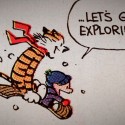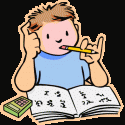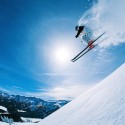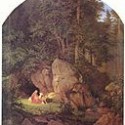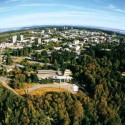A Global Perspective
By: Mo Said
Starting your first year at UBC brings a wealth of opportunities. The steep learning curve, the hyper social environment, and numerous deadlines will consume most of your time. However, university is also a time of self-discovery where many people pursue what they are passionate about. In my first year of university, I took advantage of the various speakers and events happening at UBC. These opportunities helped me discover my true passion: studying international politics and developing a deeper understanding of the world.
The current challenges facing the world are numerous and require your attention. Why? Knowledge of current events allows you to speak intelligently on a topic. Here are just a few of the issues making the news right now.
The civil war in Syria has resulted in over 100,000 civilian deaths and over four million refugees who have fled to the neighboring countries of Turkey, Jordan, Iraq and Lebanon. The UN recently said that the Syrian government has used chemical weapons against a civilian population, violating a norm of international relations. The Syrian civil war threatens to upset the entire Middle East for decades to come.
Longstanding alliances
On September 21, the Somalia-based militant Islamist group Al-Shabaab attacked a mall in neighboring Kenya in response to Kenya’s contribution to African Union Mission in Somalia (AMISOM). AMISOM is currently fighting in Somalia to support the government from the Al-Qaeda allied rebels who vow to establish an Islamic state guided by the principles of sharia law. Why does this story matter? The post 9/11 crackdowns on Al Qaeda in Afghanistan and Iraq have resulted in a new frontier on the global war against terrorism. Islamist groups elsewhere in Nigeria, Libya, and Chad also threaten to destabilize the continent.
In Canada, the arctic sovereignty debate is heating up. A Danish cargo ship carrying coal from Vancouver to Finland is currently heading through the Northwest Passage, which would make it the first ship to attempt the voyage for more than forty years. If the Northwest Passage becomes a viable waterway for international shipping, the Canadian government needs to make the necessary investments in infrastructure to ensure that Canadian sovereignty and the environment are not compromised.
That’s it for this edition of the Totem Times. I hope to have piqued your interest in these pressing issues.





